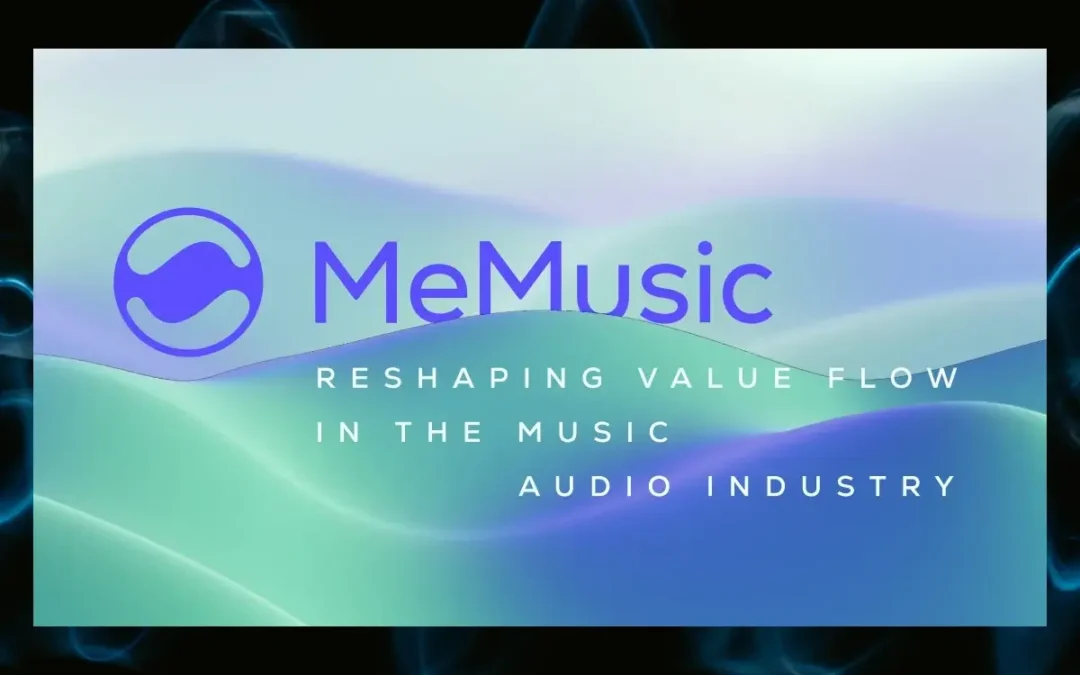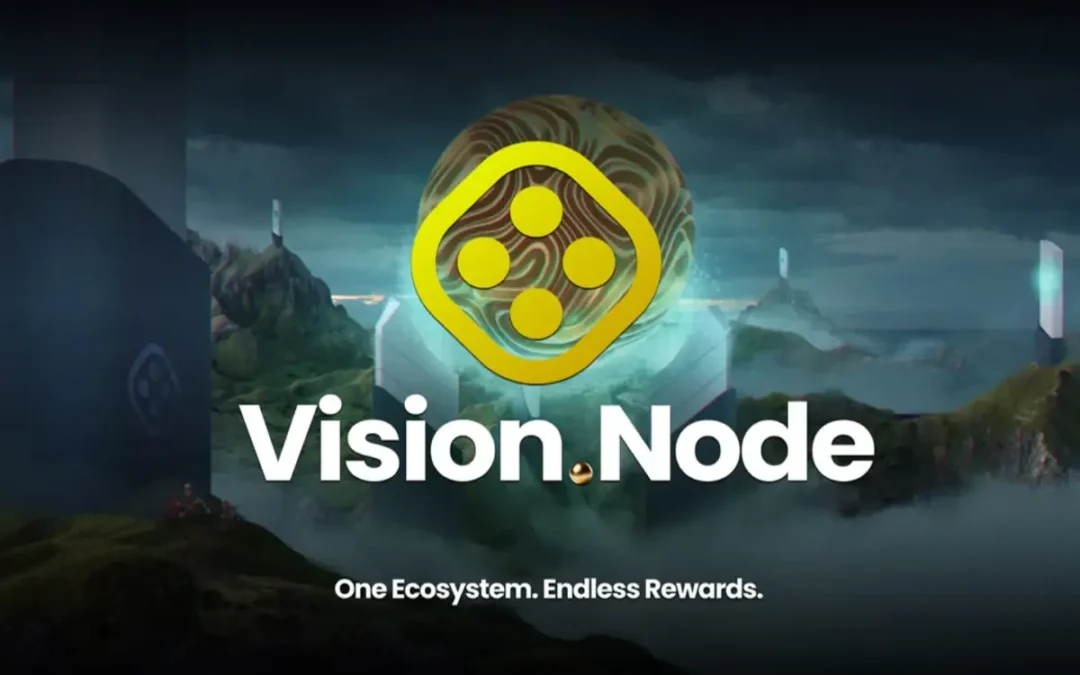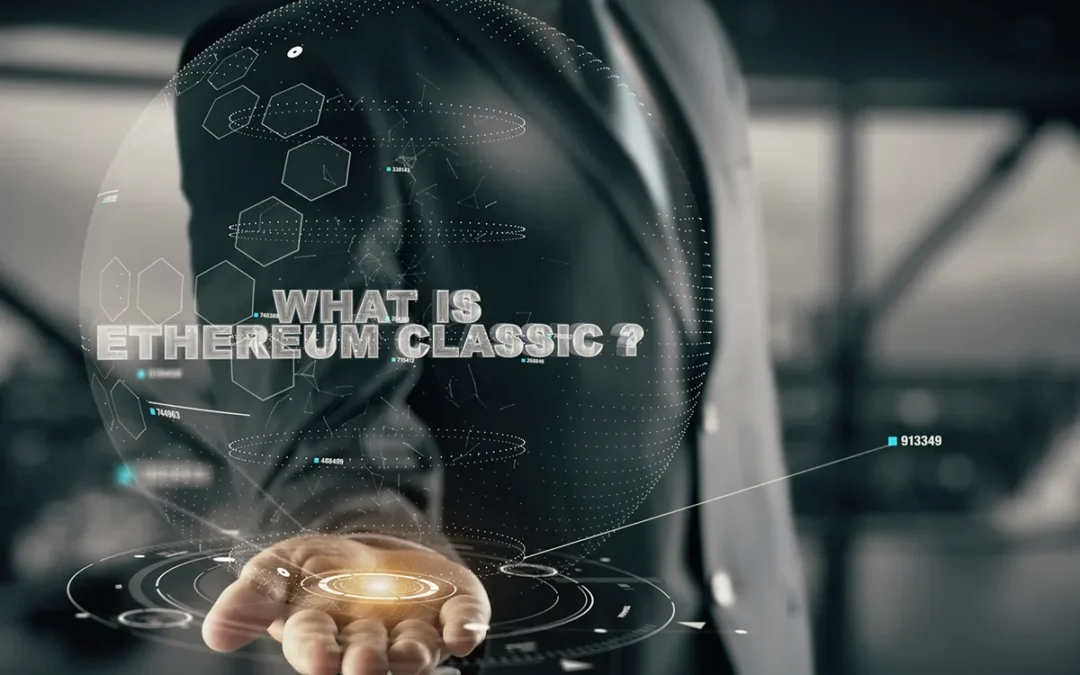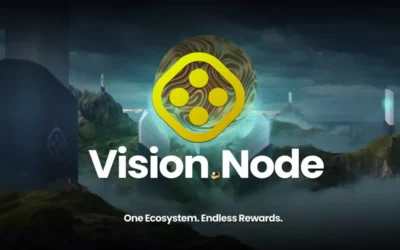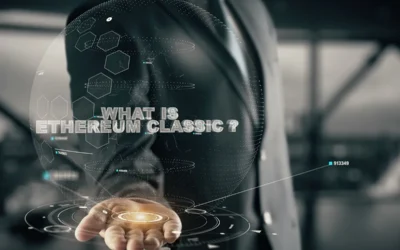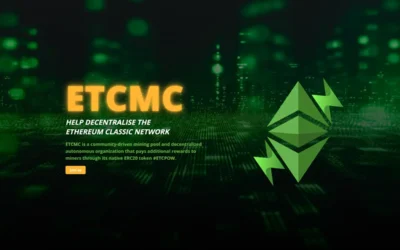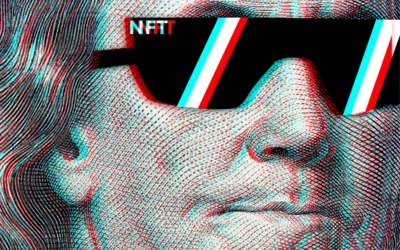The music industry has experienced significant transformation over the years, from the rise of streaming platforms to the decline of physical media sales. But another revolution is on the horizon, and it’s poised to reshape the entire industry: blockchain technology. Blockchain, the technology that powers cryptocurrencies like Bitcoin and Ethereum, has far-reaching implications for how music is created, distributed, and consumed. It offers the potential to empower artists, streamline royalty payments, and create new opportunities for fan engagement.
In this blog post, we’ll dive into the exciting ways blockchain is disrupting the music industry, explore the benefits and challenges it presents, and take a closer look at how artists and fans alike can participate in this evolving landscape.
The Current State of the Music Industry: What’s Broken?
Before we discuss how blockchain can change the music industry, it’s important to understand the key problems the industry faces today:
- Lack of Artist Control: Traditional music distribution models, especially through major labels, often leave artists with limited control over their music and how it is distributed. Contracts with record labels can be restrictive, with artists sometimes earning only a small percentage of the revenue their music generates.
- Inefficient Royalty Payments: Royalties for streaming and music sales are notoriously complex and slow. Artists often have to wait months to receive payments, and the process involves multiple intermediaries (such as record labels, distributors, and publishers) who take a cut of the revenue.
- Piracy and Intellectual Property Issues: The rise of digital media has made it easier than ever for music to be pirated or misused, leaving artists vulnerable to losing control over their intellectual property.
- Fan Engagement: While social media has made it easier for artists to engage with their fans, there is still a disconnect when it comes to direct fan support. Fans often lack the means to directly support their favorite artists, relying instead on third-party platforms.
Blockchain technology has the potential to address many of these issues by creating a decentralized, transparent, and more equitable music ecosystem.
How Blockchain Can Revolutionize the Music Industry
Blockchain’s decentralized and transparent nature can reshape the music industry in several key areas, from how artists manage their rights to how fans interact with their favorite musicians. Here’s how:
1. Smart Contracts for Fairer Royalties
One of the most powerful applications of blockchain in the music industry is the use of smart contracts. Smart contracts are self-executing contracts with the terms of an agreement directly written into code. In the context of music, smart contracts can automate royalty payments, ensuring that artists and collaborators are paid fairly and in real time.
Here’s how it works:
- When a song is distributed on a blockchain platform, a smart contract is attached to it.
- The contract automatically distributes royalties to the song’s contributors (songwriters, producers, session musicians, etc.) based on predetermined percentages each time the song is played, purchased, or licensed.
- Payments are instant and transparent, cutting out intermediaries and ensuring that everyone involved in the creative process gets paid fairly.
This eliminates the need for complex royalty systems and provides transparency for artists, making it easier for them to track their earnings.
2. Decentralized Music Platforms: Direct-to-Fan Distribution
Blockchain enables the creation of decentralized music platforms where artists can distribute their music directly to fans without relying on traditional intermediaries like record labels, streaming services, or distributors.
For example, platforms like Audius, MeMusic and Opus are blockchain-based music streaming platforms that allow artists to upload their music directly to the platform. Fans can then stream or purchase the music, with payments going straight to the artists through cryptocurrency or tokens, bypassing traditional streaming services that typically take a large share of the revenue.
Benefits of decentralized platforms:
- Greater artist control: Artists retain full ownership of their music and control how it is distributed.
- Higher revenue: Without intermediaries, artists can earn a larger share of the revenue from streams and sales.
- Global reach: Blockchain platforms are decentralized and global, meaning that artists can reach fans all over the world without regional restrictions or the need for physical distribution.
3. NFTs and New Forms of Music Ownership
Non-fungible tokens (NFTs) have exploded in popularity, especially in the art world, and they are starting to make waves in the music industry as well. NFTs are unique digital assets that can represent ownership of a specific item, such as a piece of art, a collectible, or—importantly for musicians—a song or album.
Musicians can mint NFTs representing their music, concert tickets, or exclusive fan experiences. Fans who purchase these NFTs not only get the music or content but also hold a unique, verifiable piece of the artist’s work on the blockchain.
Potential uses for NFTs in music:
- Exclusive Releases: Artists can release limited-edition songs or albums as NFTs, creating scarcity and driving demand among fans and collectors.
- Concert Tickets: NFTs can be used as digital concert tickets, ensuring authenticity and preventing ticket scalping.
- Fan Experiences: Artists can offer unique experiences, such as backstage passes or virtual meet-and-greets, as NFTs. These tokens could even grant fans access to future content or events.
The rise of NFTs in music has already begun, with artists like Kings of Leon and Grimes releasing NFT-based albums and merchandise. This model gives fans a new way to support their favorite artists while allowing artists to experiment with new forms of distribution and fan engagement.
4. Crowdfunding and Fan Investment
Blockchain can also facilitate more direct interaction between artists and their fans through decentralized crowdfunding platforms. Instead of relying on traditional music labels for funding, artists can use blockchain to raise funds directly from their fanbase.
Platforms like Ujo Music and Choon allow fans to support their favorite artists by purchasing tokens or cryptocurrency that can be used to fund the production of albums, music videos, or tours. In return, fans could receive a share of future revenue, early access to new music, or exclusive experiences.
This model empowers both artists and fans:
- Artists gain more control over their creative output without needing to conform to label demands.
- Fans become active participants in the artist’s journey and are rewarded for their support.
5. Improved Rights Management and Transparency
One of the biggest challenges in the music industry is the management of rights and ownership. With so many intermediaries and rights holders involved in a single song, it can be difficult for artists and labels to accurately track and manage who owns what, especially when it comes to royalty distribution.
Blockchain technology can simplify and streamline this process. By recording all ownership rights on a transparent and immutable blockchain, artists, publishers, and other stakeholders can easily verify who owns what percentage of a song and how royalties should be distributed.
This transparency reduces disputes over ownership and royalties, while also making it easier for new projects like cover songs, remixes, or samples to be licensed without complicated legal negotiations.
The Challenges and Limitations of Blockchain in Music
While blockchain offers many exciting possibilities, it’s important to acknowledge the challenges and limitations the technology still faces in the music industry:
- Adoption: While decentralized platforms and NFT sales are growing, the majority of the music industry still operates through traditional systems. Blockchain-based platforms will need to gain widespread adoption before they can significantly disrupt existing industry structures.
- Scalability: Blockchain technology, particularly in its current form, faces scalability challenges. Networks like Ethereum can become congested and slow during periods of high activity, which could lead to delays in payments or difficulties with managing large-scale music streaming.
- Regulatory Uncertainty: The legal and regulatory environment surrounding blockchain, cryptocurrencies, and NFTs is still evolving. As governments and regulators develop frameworks for digital assets, it’s unclear how these changes might impact blockchain-based music platforms and NFT sales.
- Energy Concerns: Certain blockchain networks, especially those that use Proof of Work (PoW) consensus mechanisms, have been criticized for their high energy consumption. This could pose a challenge for musicians and platforms that want to prioritize sustainability.

The Future of Music and Blockchain: What Lies Ahead?
The marriage of music and blockchain technology is still in its early stages, but the potential for revolutionizing the industry is undeniable. As blockchain technology matures and becomes more widely adopted, we can expect the following trends to shape the future of the music industry:
- More Artist Autonomy: Blockchain will continue to empower artists by giving them greater control over their music and how it’s distributed. Artists will no longer need to rely on traditional gatekeepers to fund and promote their work.
- Fan-Centric Models: The relationship between artists and fans will become more direct, with fans having greater opportunities to invest in and support their favorite artists. This could lead to stronger fan communities and new ways for artists to engage with their audience.
- Expanded Use of NFTs: NFTs are likely to become a permanent fixture in the music industry, providing artists with new ways to release music, create exclusive experiences, and interact with fans.
- Global Reach and Access: Blockchain’s decentralized nature will make it easier for artists to reach a global audience, particularly in regions where traditional music distribution systems are limited.
Conclusion
As musicians and technology enthusiasts, we are thrilled by the potential of blockchain to reshape the music industry. We know firsthand how artists struggle with the limitations of traditional systems, from the slow and opaque royalty payments to the challenges of maintaining creative control. Blockchain offers a way to address these issues, empowering artists and providing fans with more direct, meaningful connections to the music they love.
For us, the rise of decentralized platforms and NFTs is just the beginning. We believe that blockchain can unlock new possibilities for artists and fans alike, creating a more equitable, transparent, and dynamic music industry. Whether you’re an artist looking to explore new ways of distributing your work or a fan eager to support your favorite musicians in innovative ways, the future of music and blockchain holds incredible potential.
Ty,
Team #CodeIsLaw



